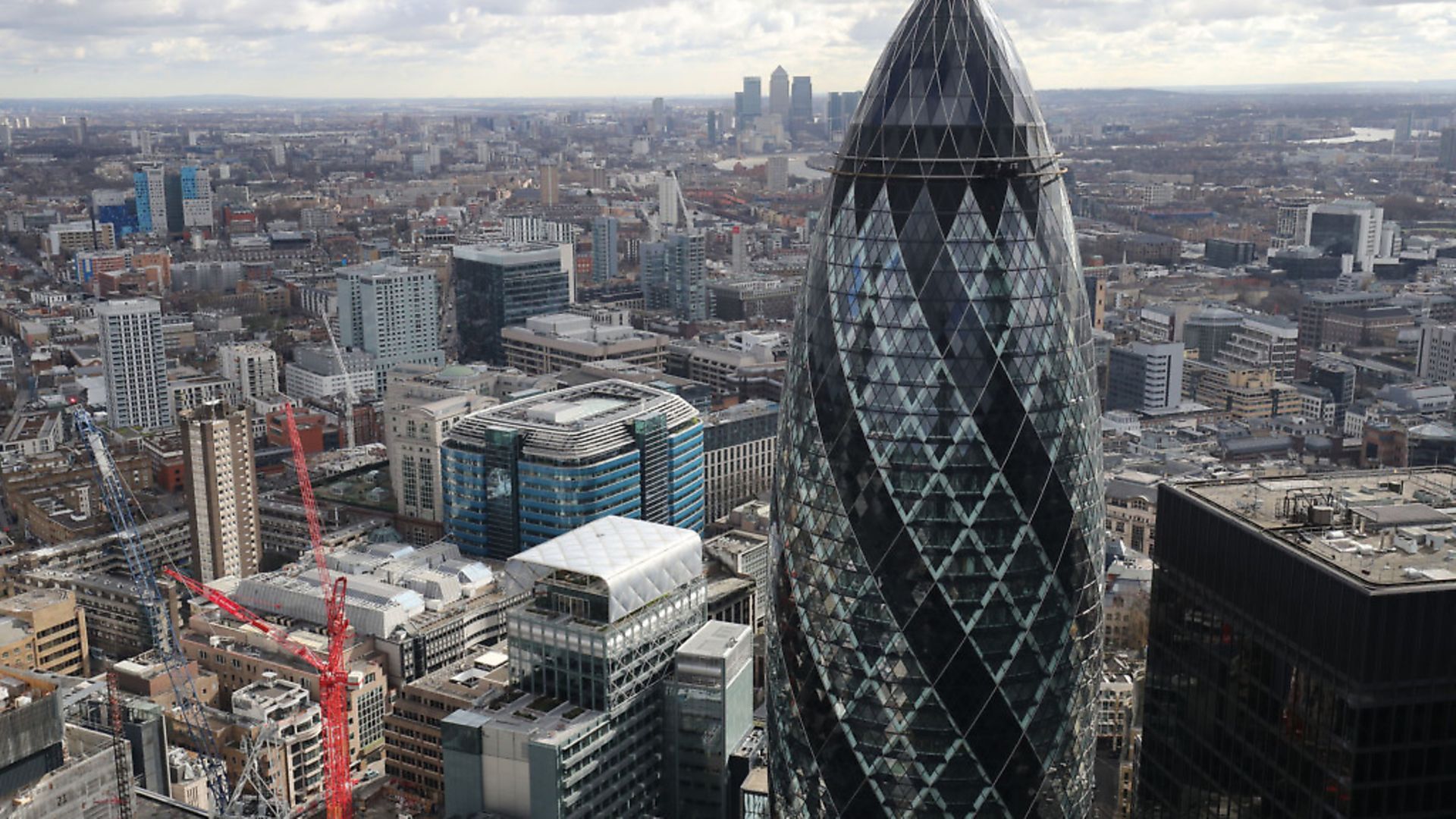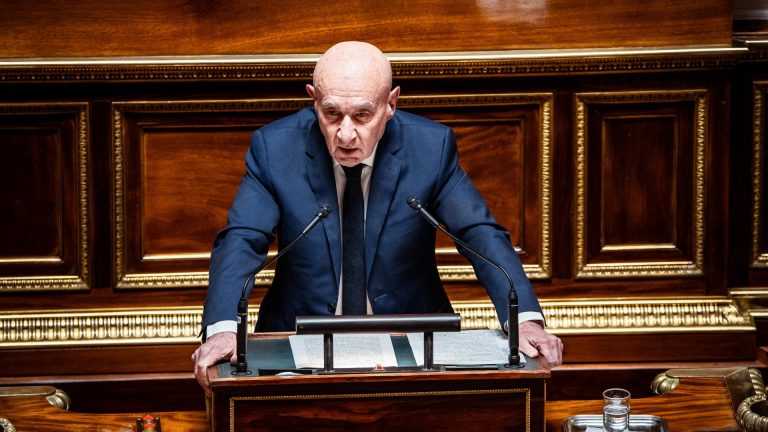
Despite all the Brexiteer talk of a looming era of ‘Global Britain’, the UK is becoming less important to African countries.
This week, hundreds of African financiers and business leaders are descending on London for a flagship annual event, AFSIC. They will do so in order to sign deals, pitch opportunities and to network. The reason for so many travelling thousands of miles may seem opaque to observers, but for years, this event, and others like it, have shone light on a peculiar reality: London is Africa’s financial capital.
Ties between the continent and the UK remained strong even after the British empire crumbled. Post-colonialism taught us that while political binds can be cut in a day, economic and cultural links linger. London has excelled in positioning itself as a ‘gateway’ to Africa for investors, and the city is home to many firms specialising in channelling investment into the continent. These have been the source of billions of dollars of capital inflows into African markets.
London is at the top of the list for cities in which to raise money for projects of all sizes and in all sectors across the continent. This is why the great and the good of African finance pay to travel here without a second thought – the return on investment has been doubtless.
The special relationship between the UK and Africa is built not only on London’s eminence in global finance, but also on educational and linguistic ties across most of the African continent. Yet the links are under threat. Brexit, the emergence of strong African economies, and the high-octane expansion of Chinese influence in Africa are all set to rebalance a relationship that, while deep rooted, has also long been marked by darker undercurrents of colonialism and economic exploitation.
Many leading politicians in the UK will tell you that ties will be strengthened from ‘Brexit Day’ in March 2019. They believe the UK government will suddenly be free to breathe life into the ‘Global Britain’ narrative, according to which Britain will cast off the chains of the EU and reinvigorate its commercial and cultural ties with the Commonwealth, including Africa. But this is based on an outdated view of geopolitics and the modern-day priorities of African economies.
The Global Britain (or, dreadfully, Empire 2.0) rhetoric is based on an understanding of African and Commonwealth nations as junior partners who would jump at any opportunity to forge closer links with the UK. The idea that London will retain the exact same appeal post-Brexit holds little water with financiers in Lagos and Nairobi – this will be a business decision, made without regard for past convention. London needs to retain a competitive advantage to emerging markets. For Africa’s financial leaders, interest centres on London’s position at the core of the global financial system – a position that it could well slip from in the years ahead.
For the numerous African companies listed in the UK, Brexit is encouraging risk aversion, and higher capital costs. Countries with especially close ties to the UK, South Africa for example, are likely to see reduced capital. These companies also face the prospect of losing single market access, with many having used the UK as a key conduit since the early nineties.
All this means London’s appeal will diminish. No serious Brexiteer argues that the City will gain from reduced access to EU markets, along with the loss of passporting rights (and jobs) for banks, and the removal of key EU agencies including the European Banking Authority. That means fewer reasons for African businesspeople to come to London, and more reasons to head to Paris, Frankfurt, Dubai and perhaps most of all China.
Growing Western concern about increasing Chinese influence in Africa, amidst the raising of drawbridges in the UK, the US and beyond, has not been a lost irony for leaders across the continent. As Western nations grow increasingly insular and protectionist, the Far East will continue its unencumbered growth in influence across Africa.
If Brexit Britain does not, as a starting point, have an accurate view of its own new and more limited place in the world, it will be very difficult to for it to be taken seriously as a partner. For now, African finance leaders are still gathering in London, but it is likely to become an increasingly rare sight.
Danladi Verheijen is the co-founder and managing director of Verod Capital, an Anglophone West African private equity firm






